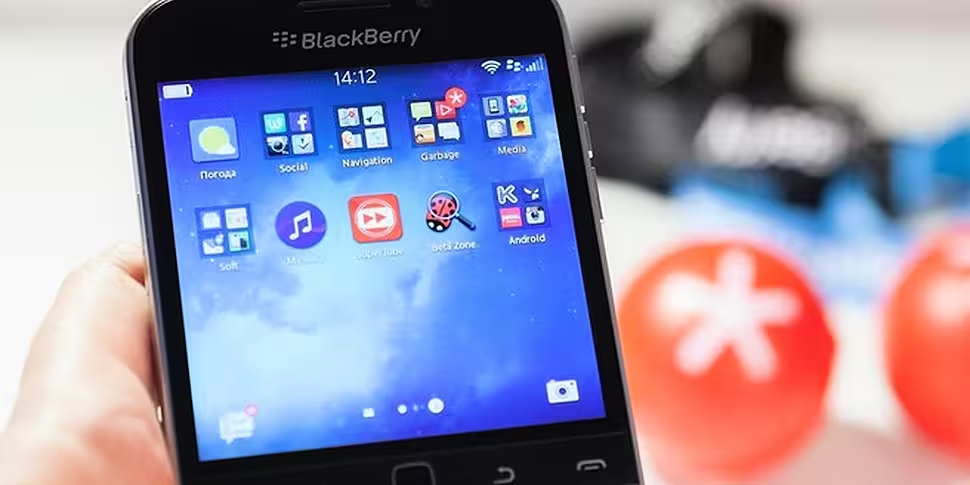But today, that’s all over. BlackBerry this week announced it would stop all development of its own phones, bringing to an end a 14 year run which saw a meteoric rise followed by an equally rapid descent.
So where did it all go wrong?
The key to BlackBerry’s success was that it was a smartphone before there were smartphones.
BlackBerry offered email and web browsing, multimedia apps like music and video as well as a camera — all before the iPhone was even unveiled. With BBM it gave its customers an early version of a service which today is mimicked by WhatsApp, Facebook Messenger and dozens more.
Of course it was that physical keyboard — which gave BlackBerry its name due to the resemblance of the keys to the drupelets of the fruit — which was the most iconic aspect of the phones. Expert users were able to type almost as quickly as on desktop keyboards and some still cling to the devices as an essential tool for work.
By early 2009, BlackBerry held over 20 percent of the global smartphone market but the wheels were already in motion for its eventual decline.
While the iPhone was launched in 2007, it wasn’t until 2008 and the launch of the App Store — together with Google’s Play Store (then called Android Market) — that the real problems for BlackBerry started.
Sure BlackBerry had the enterprise market locked down but the world was about to witness the biggest mass adoption of consumer technology it is likely to ever witness, as smartphones became the most sought after product in the world.
Key to the success of Apple’s iPhone and Android-based phones from Samsung, LG, HTC and Sony was the availability of millions of apps on these platforms. A smartphone quickly went from being predominantly phone which made calls and sent texts to being a device that allowed you do everything from finding out what song was playing the background (Shazam) and throwing virtual paper in a virtual bin (Paper Toss) to knowing what the weather is like is any corner of the world.
BlackBerry did launch its own Apps World store in 2009 but by then it was too late. Developers were focused on monetising their efforts on iOS and Android, and so BlackBerry’s store looked threadbare. For some context, the game that came to define the smartphone era is Angry Birds, which was released for the iPhone in 2009. It wasn’t released for a BlackBerry smartphone for another four years.
Yes, BlackBerry had class-leading encryption and security, and a great physical keyboard, but for the billions of people who have bought smartphones in the last decade those features are well down the list of priorities.
BlackBerry did finally get around to updating its software with BlackBerry 10, to make it more consumer friendly and it did launch some all-touchscreen smartphones, but it was too little too late.
But the Canadian company is not alone. Nokia, once the world’s dominant mobile phone brand, also missed the smartphone revolution, sticking to developing feature phones for years after it was obvious which direction the market was going in.
Microsoft too has been unable to grab any significant slice of the smartphone market despite its huge resources and development of its own Windows Phone operating system. It again was just too late to the party which is now dominated by Apple and Google.









